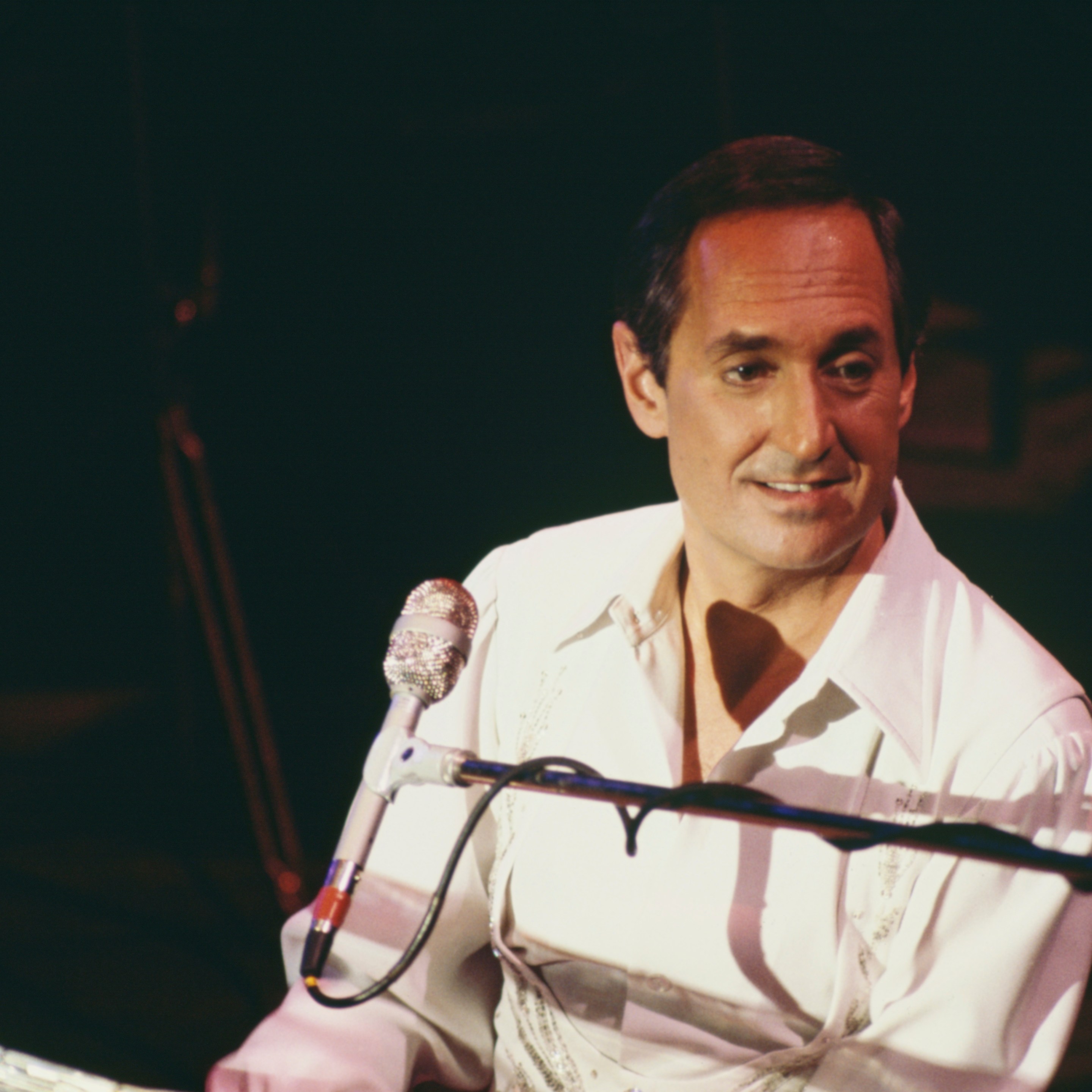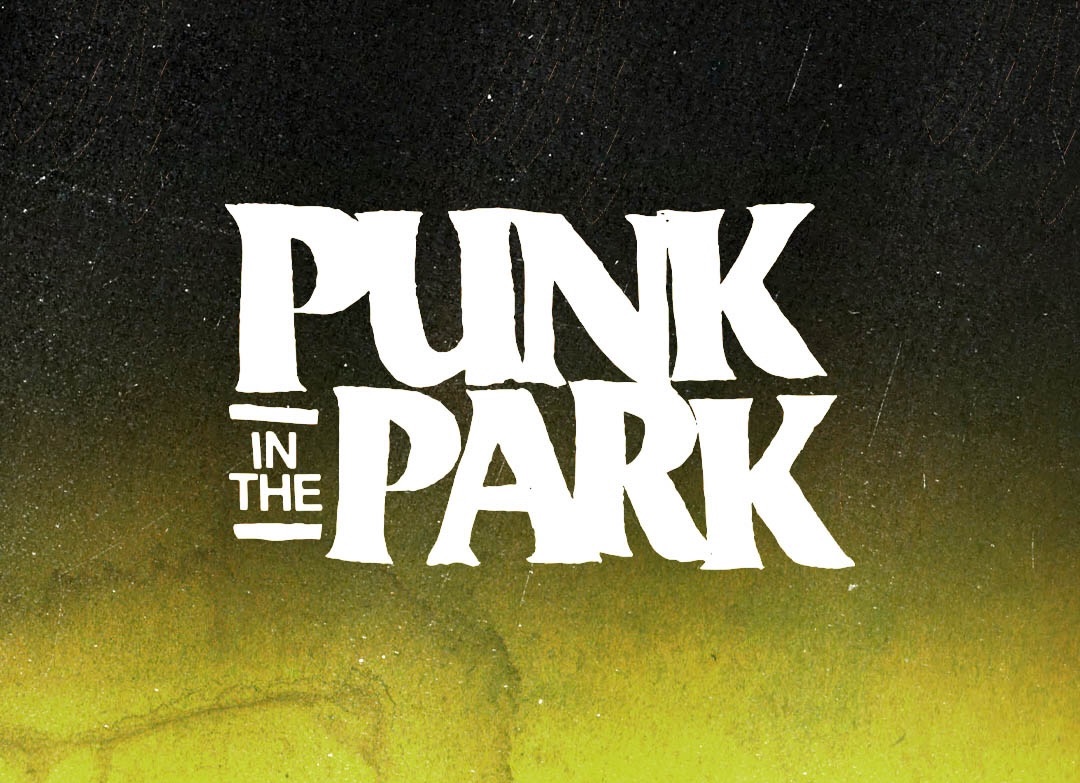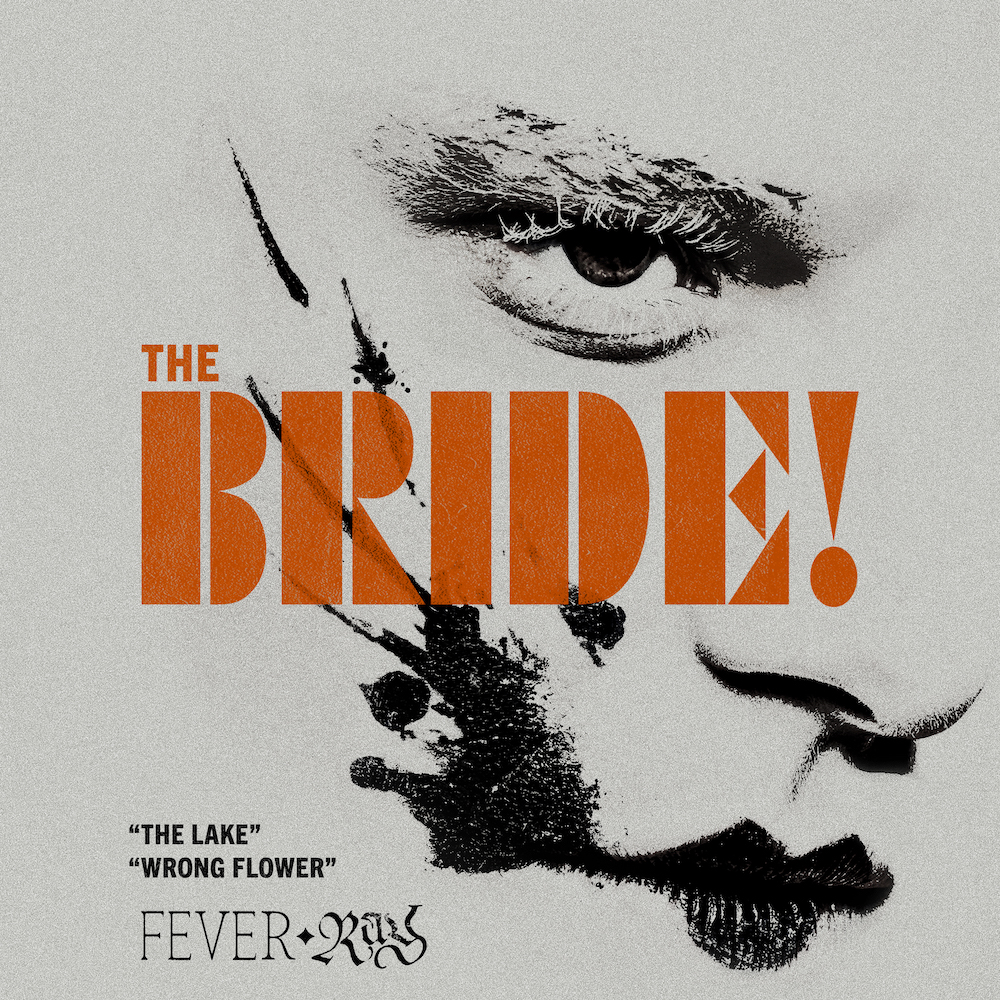Thurston Moore's latest interview to promote his new solo album The Best Day comes via The Wall Street Journal. It's a fascinating conversation that touches on Moore's mom (whose photo adorns The Best Day's cover), the lingering insight behind Pavement's "Shady Lane," post-war poetry, a whole slew of rock stars, Moore's songwriting these days, and his belief that by the end of Sonic Youth the band's audience had "decoded" them. It also includes this exchange about public criticism of Moore's private life in the wake of his affair and subsequent divorce from Kim Gordon:
Do people complain vocally to you about Sonic Youth?
Nothing like that so much.
Not that it ended?
That sort of subsided. At first, when it was this news, it was like "Oh Sonic Youth can’t continue because your marriage can't continue." They understand that equation.
But people were attached to the band and the relationship in the band.
It's a factor. It's a weird factor. A lot of that existed in the virtual world, but on the street, not so much. We live in this duplicitous existence now. For me, to be inundated with all this commentary, it's almost exclusively by people I don't know who they are. But when I go out on the street, it's not presented to me at all. I was like "Where are these voices? Why aren't they coming up to me and expressing their concerns?" I don't mind people interested in my professional world. But my intimate, private life -- it's not something I want to talk to somebody [about] who I've never met or know who they look like. It's funny how it exists so profoundly in the online world but not at all in the physical world. It's just not there.
Maybe that's the better side of the coin.
I don't walk outside keeping my head down because there's this animosity or regret. Yesterday, I was at the Brooklyn Book Fair. I went to the green room, and there's a bunch of writers there. None of them who I knew. I sat down for five minutes waiting for one of the volunteers to tell me where I was supposed to be. But last night I saw my name come up on a search in my email -- I usually do it to see reviews of live gigs and albums. One came up and it was these Twitter things from a couple of writers and it had my name in it. And I looked at it and it was a couple people in this green room, like "Guess who just walked in?" and they were really snarky. "We know what he did and the person he is." I was like "Wow."
Does that bum you out?
No, I was just like "Who are these people that would publicly write this as gossip on the internet" but in a way, I was curious why you can do that … why wouldn't you come up to me and say "I'm really disappointed in your behavior. I don't know you and you don't know me."
"Your guitar work is great. But your conduct is not."
"Your conduct in your marriage for 25 years has been reexamined by us." Look, I immediately delete and process it. I think about people who have these lives exist on scandal. The Jens and the Joes. They all start with J.
The J economy.
[Laughs.] In a way, they've learned to derive value from it. There's a revenue of scandal.
Moore's right that you shouldn't tweet something if you wouldn't be willing to say it in real life, but I'm not sure someone in his position should be calling out "duplicitous" behavior.






